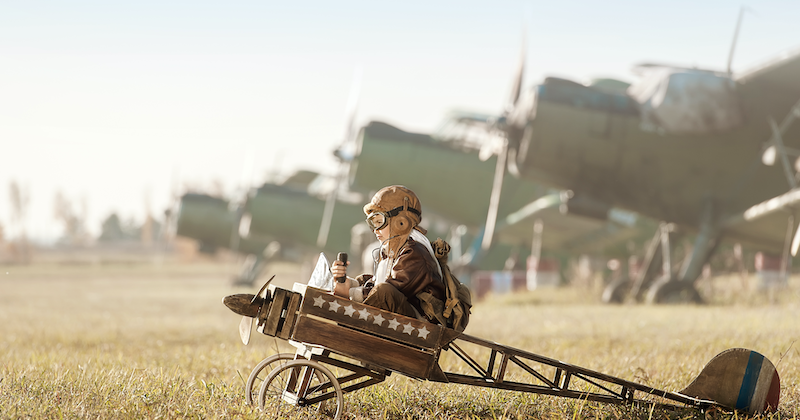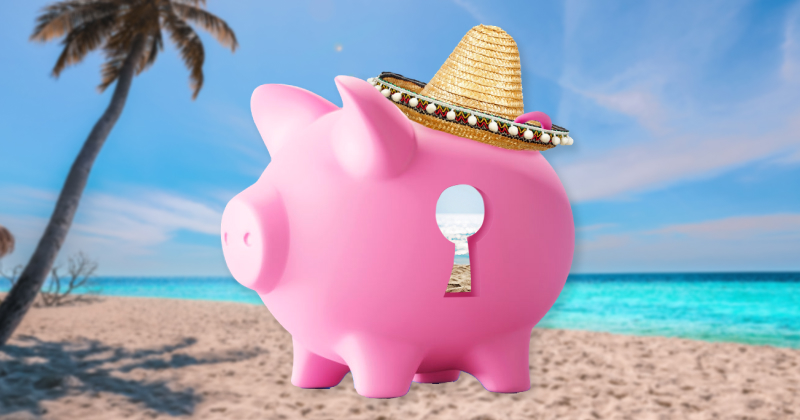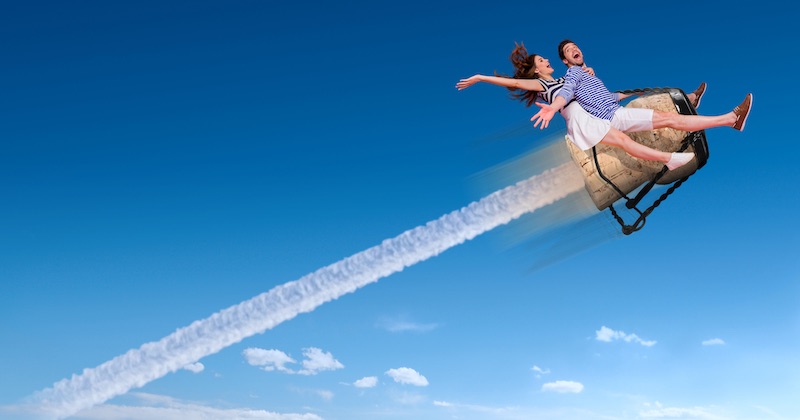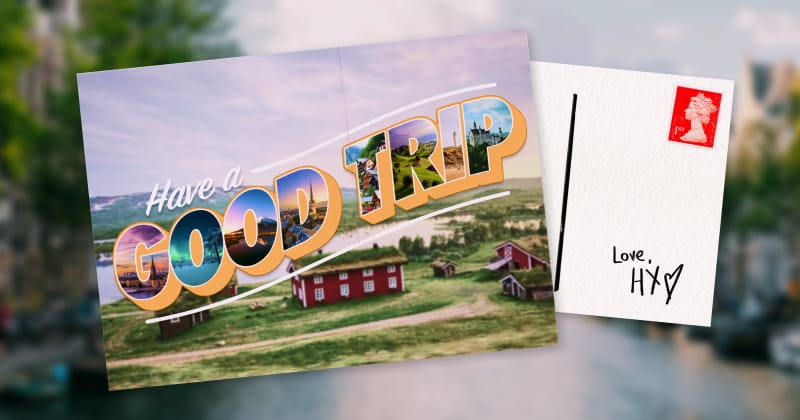

Tips for first-time flyers
Whether you've never flown before or just took a break for the last few years, we're here to help
Is it your first time flying? If you're looking ahead to your maiden flight, you're sure to have a few questions, some of which you may be too embarrassed to ask your jet-setter friends. Read on for our tips for first time flyers, which we hope will help you to breeze through your first flight with confidence and excitement.
Maximise your holiday with up to 20% off!
Sign up today and be the first to grab our latest deals.
1. Prepare your paperwork
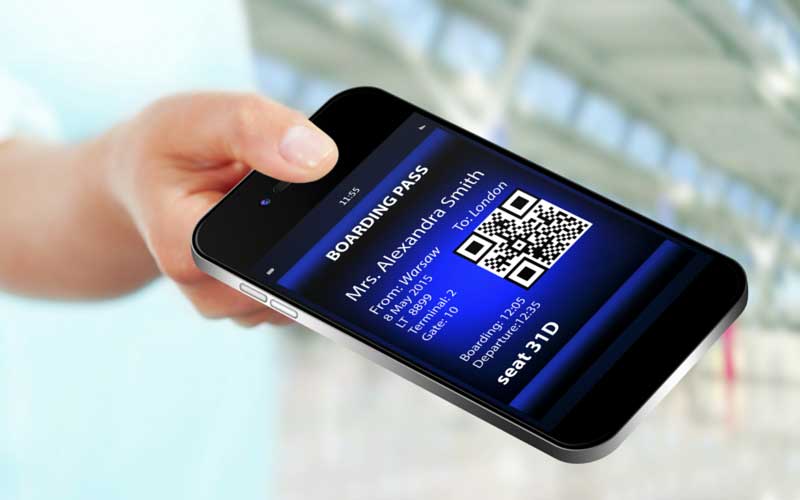
Many first time flyers worry about arriving without the necessary paperwork to board their flight, and this can make for a nervy first trip to the airport. The main point to remember here is that the most important document is your passport. Make sure it's up to date and ideally has at least six months to go before its expiry whenever you travel internationally.
Be sure to book your travel insurance before you leave for your holiday. Print out your policy documents and bring them with you - make sure you have the emergency number for medical assistance and a rundown on what your chosen policy covers.
Most airlines now issue e-tickets that can be shown on your tablet or smartphone. So if you booked online and were expecting a paper ticket to arrive in the post - don't panic. You will usually be issued with all the information you need to show staff at the airport in your confirmation email, which can come from the airline you're flying with or from a third party.
Once you've shown this at the check-in desk, staff will issue you with a physical boarding pass: this shows information like your flight number, the time it's scheduled to take off and your seat number. It's also what will grant you access to the aeroplane, so try not to drop it in the excitement in your first trip airside! Check out our tips for getting through airport security fast and our comprehensive airport tips page for additional advice.
2. Know your luggage
Even the most seasoned travellers sometimes get confused by airline rules about baggage allowance. As a flying newbie, the first thing to get your head around is the difference between cabin and hold luggage, then to look into whether or not you need to take both. Usually, if you're travelling long-haul (that's a flight that lasts six hours or more), you will want to check-in at least one piece of hold luggage which you'll need to leave at the check-in desk before boarding. It'll then be returned to you at the other side, where you'll need to identify it on a luggage carousel.
On many short-haul flights, carriers will allow you to take a bag or case that's big enough to take most of what you'll need for a long weekend or city break. This allows you to keep all your belongings with you for the duration of the flight, and means a quicker getaway at your destination. You're also more likely to be charged extra for storing baggage in the hold, so it's good to travel light, particularly when flying with budget airlines. Check out our guide to flying budget airlines for more advice on what you can expect.
All airlines have restrictions on the sizes of bags you can take on board, both for hold luggage and cabin bags. Check these details with your airline, as there is no universal rule.
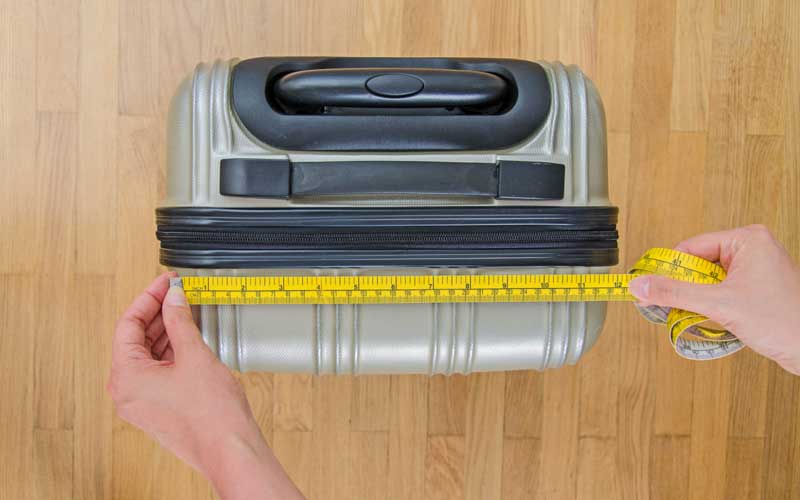
3. On the flight
Once you've navigated the airport and made it successfully on to your flight, you're almost ready to take to the sky. Nervous? Read our advice for fear of flying ahead of time, but all you need to do on the airplane is sit back, relax and enjoy having a few hours of downtime.
First you need to find your seat, and ensure all your cabin luggage is stowed away correctly. All flights have assigned seating, so look for a number followed by a letter on your boarding pass such as '11D'. The number relates to the row you'll be sitting in, while the letter refers to whether it's an aisle, window or middle seat. The cabin crew - who will be wearing anything from glamorous hats and heels to baggy tees in airline colours - will be happy to help you find your seat and put your luggage in a safe place, which may be in an overhead locker or under your seat.
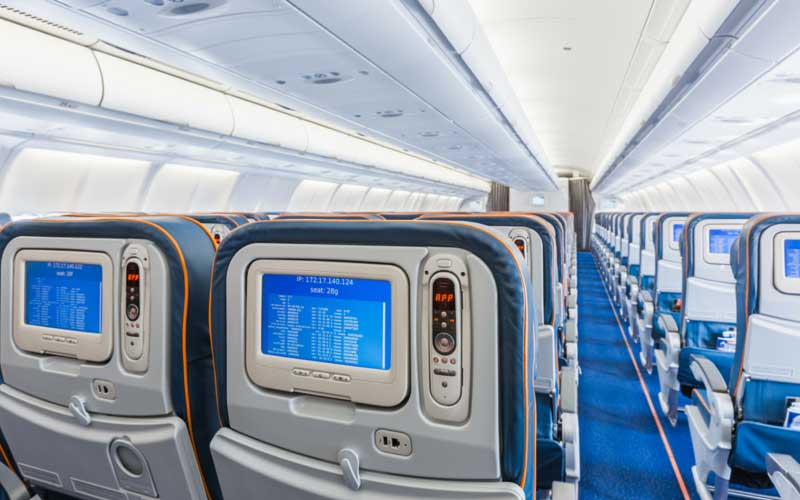
4. Prepare for take-off
Before your plane takes off, there are some procedures to go through that may be alarming if this is your first time flying, but all of these are completely routine and contribute to safety on board. You'll be shown how to buckle your seat belt, what the different lights on the seat ahead of you mean, and what to do in an emergency. Every flight has to go through this process, partly due to the existence of first-time flyers like yourself!
How does it feel taking off? While you may understand the laws of physics behind it, it's worth preparing yourself for the sensation, which is a bit like being in a car when someone accelerates very quickly, pushing you into the back of your seat.
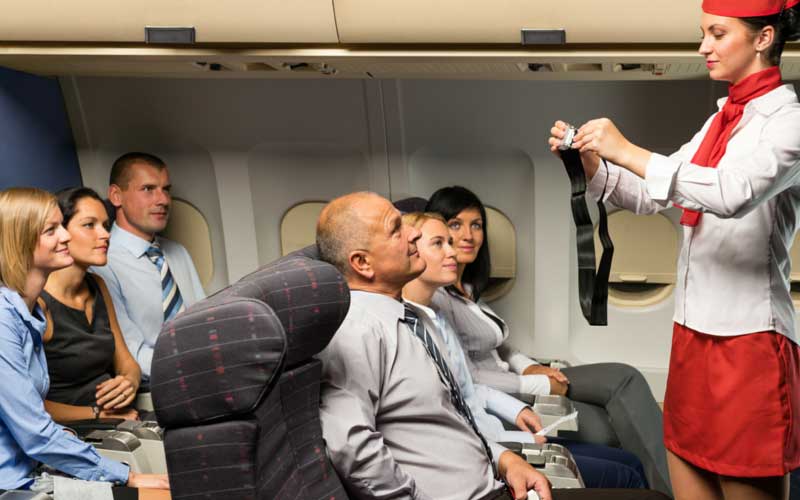
After about 25 seconds you will feel the plane start to lift, and if it's daytime, you'll see the ground getting further away - giving you the chance to see your town from the air for the first time! It's normal to feel some bumps while the plane is still climbing, so don't worry - see our article on airplane turbulence to find out more about the facts behind those common bumps.
After a certain point, the plan reaches cruise altitude which is usually the highest it will get. Normally, the higher you go the smoother the ride, so this is when the captain will tend to turn off the seat-belt signs and you can get up and stretch your legs or visit the loo.
Prepare for take-off
For more advice on getting ready for your next flight, visit our Prepare for take-off hub.
5. In-flight etiquette | food and entertainment
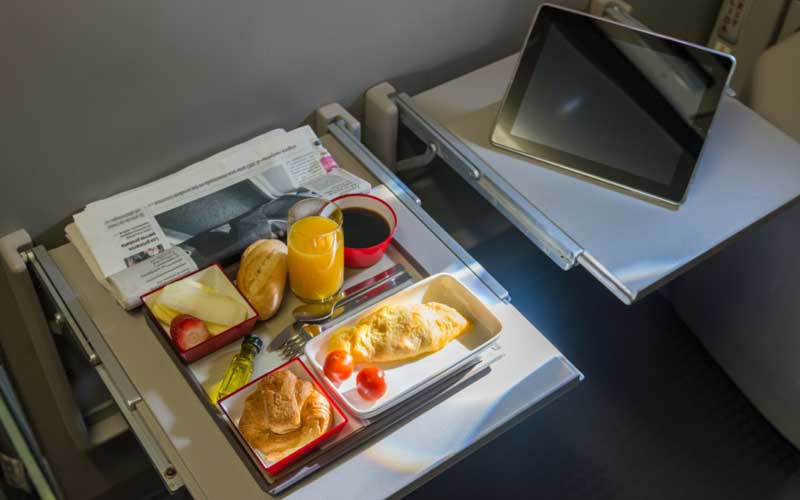
Depending on your airline and duration of the flight, you may be served one or more meals on the plane, as well as drinks (including a limited amount of alcohol) and snacks. You'll already know if these refreshments are included, as you'll have been asked about your dietary requirements when you booked the flight. If you weren't asked, food and drink will normally be served but you will have to pay extra for it. Don't worry if you forgot to bring cash - most planes are cashless now.
If you're flying budget, you might find the entertainment lacking. Think a coach trip, just at 30,000 feet. For this reason we recommend you bring your own books, music and anything else allowed on board that will help you to pass the time.
6. Check with your airline or airport
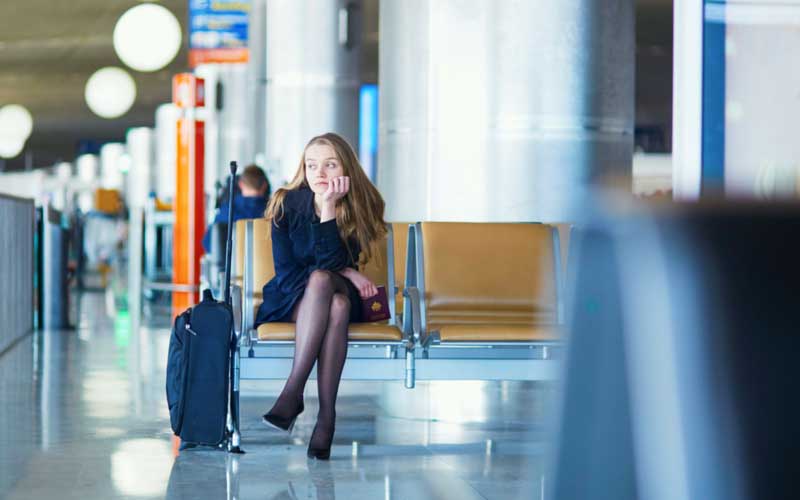
If you're still feeling unsure about the finer details of your trip, most airlines and airports will have guides written specifically for their first time flying customers, which should help you to familiarise yourself with the specific situations you're likely to encounter while travelling.
Most airlines also offer great customer service either online or over the phone, and will be geared up to answer any questions you might want to throw at them. So if you're in need of a quick response, check for contact details on their site. Many will offer live chat sessions, which can be a good way to resolve queries quickly.
7. Face your fear
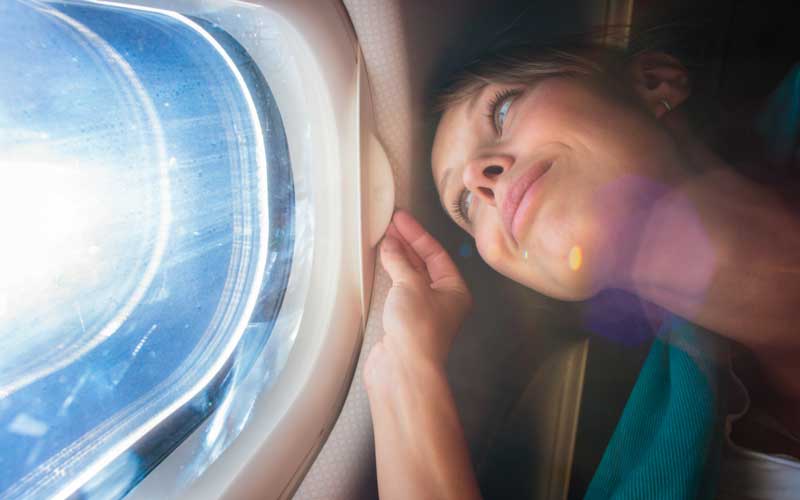
If you have a fear of flying, you'll already be familiar with the various methods of overcoming your anxiety that are available to help you become a confident flyer. There's no one size fits all approach, but one element common to most flying phobias is a fear of the unknown, which is why flying courses have such high success rates.
By taking one of these courses, which are run by airlines such as British Airways and Virgin, you'll no longer be a first time flyer by the time your trip rolls around, and you'll have a thorough grounding in every noise, movement and piece of jargon that you might encounter while airborne. By taking away that element of the unknown, you'll already be well on the way to reaching all those once-inaccessible destinations you've always dreamed of visiting.
Money-saving tips
All our advice and guides for saving money on your next trip.
